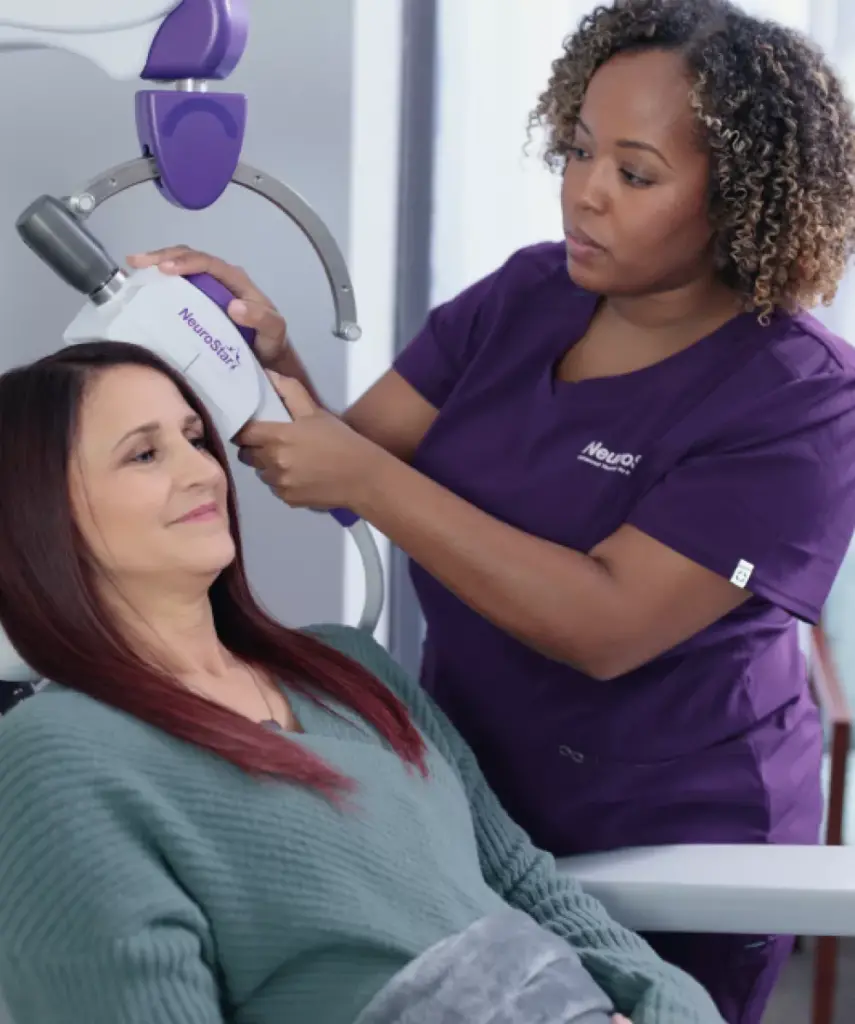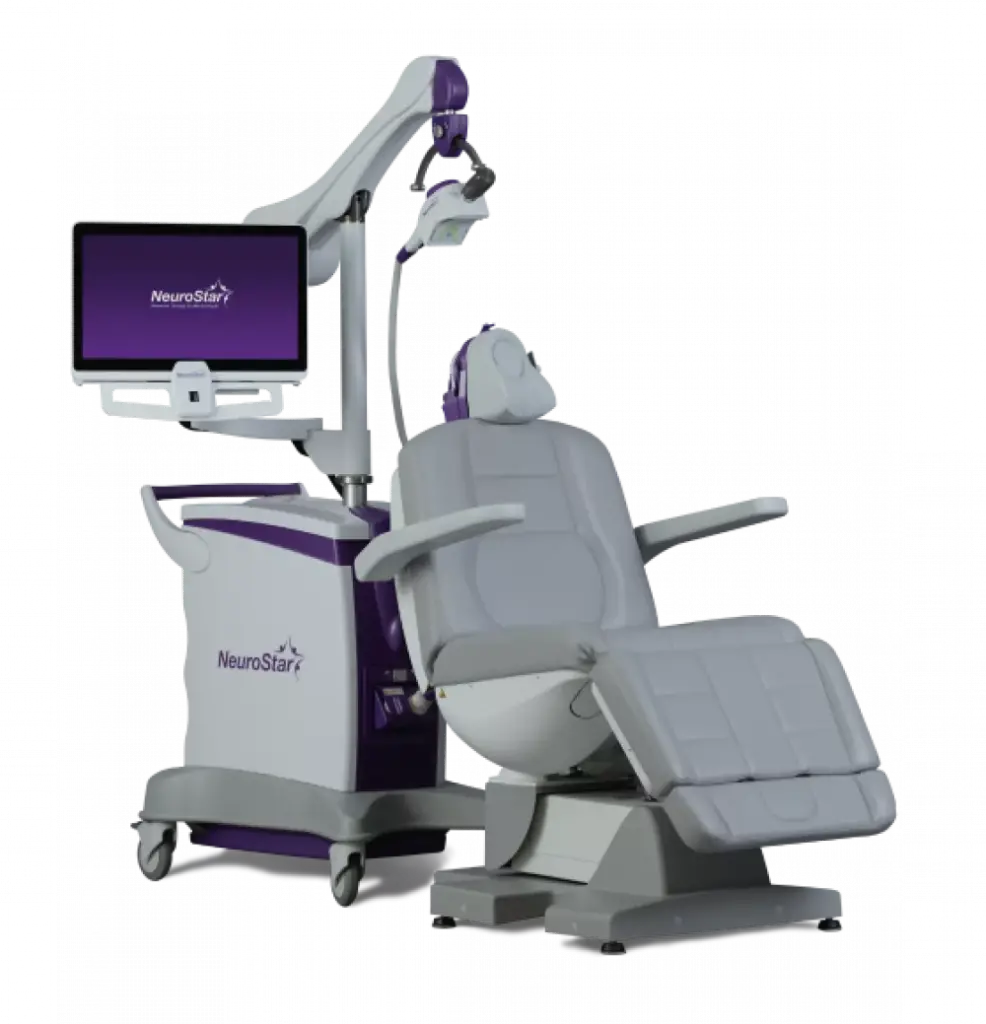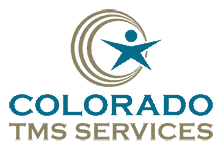Obsessive-Compulsive Disorder
NeuroStar provides relief from depression and associated anxiety symptoms, offering hope for lasting remission without the typical side effects of medication. Adults grappling with OCD could find relief through NeuroStar’s TMS therapy when integrated with other treatments like medication or behavioral therapy. With over 6.1 million NeuroStar treatments administered, the potential for improvement is substantial.
In the last decade and a half, researchers have honed TMS treatment methodologies tailored to target regions of the brain affected by OCD. Through stimulating these specific brain areas, some individuals have reported a reduction in their OCD symptoms. This evolving approach signifies a promising avenue in the realm of OCD treatment research and innovation.
TMS Treatment for OCD
Approximately 70% of individuals with Obsessive-Compulsive Disorder (OCD) can derive some benefit from exposure and response prevention, a type of cognitive behavioral therapy, medication, or a combination of both. These treatments, supported by extensive research, have been mainstays in OCD therapy for over three decades.
Yet, for those who find little to no relief from these conventional approaches, or experience only marginal symptom reduction, treatment options have traditionally been limited. In recent years, however, transcranial magnetic stimulation (TMS) has emerged as a novel alternative for OCD management. Initially explored in experimental settings, TMS has now evolved into a readily accessible therapy, supported by research demonstrating its efficacy.
Unlike surgical interventions, TMS is non-invasive and increasingly accessible at local clinics across the United States. Consequently, many individuals grappling with OCD are intrigued by this treatment and may be contemplating its suitability for their condition.


Try TMS – A Proven Alternative Treatment for Depression
The 9-question Patient Health Questionnaire (PHQ-9) is a diagnostic tool introduced in 2001 to screen adult patients in a primary care setting for the presence and severity of depression. It rates depression based on the self-administered Patient Health Questionnaire (PHQ). The PHQ is part of Pfizer’s larger suite of trademarked products, called the Primary Care Evaluation of Mental Disorders (PRIME-MD). The PHQ-9 takes less than 3 minutes to complete and simply scores each of the 9 DSM-IV criteria for depression based on the mood module from the original PRIME-MD. Primary care providers frequently use the PHQ-9 to screen for depression in patients.

